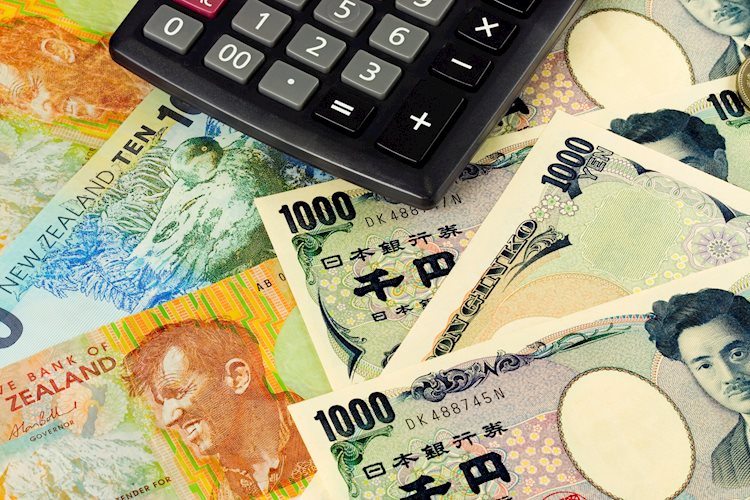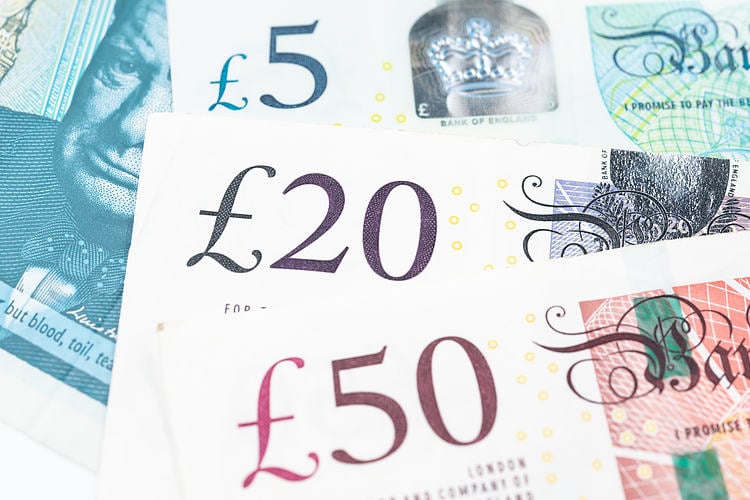When Chinese leader Xi Jinping made his first state visit to Europe in 2014, he heralded a new era of cooperation in a multi-country tour, which the President of the European Parliament at the time called “a welcome sign of the importance of that the new Chinese leader attributes to a strengthened partnership between China and the European Union.”
Eight years later, the optimism of that period has plummeted, with the relationship between China and the European Union reaching what analysts call a clear low point in recent decades.
European concern over China’s global ambitions and human rights record, tensions with the United States, sanctions and now Russia’s invasion of Ukraine – the impact of which Beijing appears to have downplayed or dismissed – all have worsened relations.
This was demonstrated last month during two meetings between European leaders. Both the G7 and NATO have significantly hardened their positions on China, in a sign that opinions in Europe are more in line with those in Washington.
The move is the culmination of a series of steps where Beijing may have underestimated the extent to which it was pushing Europe away, but it also seemed willing to pay that price.
But it is a significant blow to Beijing’s ideal vision: a Europe with strong ties to China that counterbalance US power and posture.
“China and the EU must act as two great forces upholding world peace and offsetting uncertainties on the international stage,” Xi told European leaders at a summit in April, urging them to reject the “rival bloc mentality”.
But those words did not seem to please the European side, which has focused on pressuring China to help broker peace in Ukraine. “It was anything but a dialogue. In any case, it was a dialogue of the deaf,” said EU foreign affairs chief Josep Borrell later.
descending spiral
Beijing has carefully crafted its relationships in Europe over the past few decades — creating an annual summit with Central and Eastern European countries and seeking inroads for its infrastructure initiative, which won Italy’s support in 2019.
US concerns about the risks of collaborating with China spilled over into Europe. European nations themselves were seeing the Xi regime become increasingly assertive in its foreign policy, from the combative tone of its diplomats to the establishment of a naval base in Africa, the growing aggressiveness in the South China Sea and towards Taiwan, and hostility to companies or countries that have conflicted with China’s position on controversial issues.

Allegations of human rights violations in China’s northwest Xinjiang region and the dismantling of civil society in Hong Kong have also played a role in changing European perceptions, analysts say.
Chinese officials called allegations that it kept more than a million Uighurs and other Muslim minorities in internment camps in Xinjiang “fabrications” and criticized the discussion of these issues as “interference” in its internal affairs.
The EU declared China a “systemic rival” in 2019 and ties have continued to fray since then. “China now demands that the rest of the world respect it and recognize the positions it takes, without paying much attention to what others might think,” said Steve Tsang, an international expert at the University of London.
That approach has made Western democracies “abandon the decades-old policy of helping China modernize and grow in the hope that greater economic integration will encourage China to become a responsible stakeholder in world affairs,” Tsang said.
economic advantage
China was the third largest export market for European goods and the biggest source of goods entering Europe last year, but friction is already beginning to affect the economic relationship between the EU and Beijing.
Earlier this year, a dispute between China and Lithuania prompted the EU to file a case at the WTO, accusing Beijing of “discriminatory trade practices against Lithuania” in retaliation for what the Chinese government sees as a breach by the Baltic state of its “One China” principle, by which it claims Taiwan as its territory.

The biggest financial loss was the long-awaited trade deal between the EU and China, which stalled last year after being caught in the crossfire of a sanctions swap. Beijing imposed sanctions on EU lawmakers and bodies after the Union sanctioned four Chinese officials for alleged abuses in Xinjiang.
But the damage was greater than just the deal. “This (Beijing’s) overreaction was not a wise move,” said Ingrid d’Hooghe, a research associate at the Netherlands-based think tank Clingendael, pointing to the damaging effect on public opinion.
“China’s strategy towards Europe was falling apart and it apparently didn’t understand that all these actions – the reactive sanctions, the coercive diplomacy – in the end worked against China’s diplomatic goals … and also pushed Europe closer to the United States.” , said Ingrid.
While these actions may have spurred a shift in European thinking with clear economic consequences, they contributed to China’s Ministry of Foreign Affairs, according to Henry Gao, a professor at the Singapore Management University School of Law.
“For them, the cold relationship is a necessary price and it is more important to make political points,” Gao said.
Blind spot
It’s China’s latest calculations on how to respond to Russia’s war in Ukraine that could end up being the most expensive when it comes to European relations.
While European countries and the US rallied in support of Ukraine, China refused to condemn the war – instead bolstering its relationship with Russia and joining the Kremlin by pointing the finger at the US and NATO.

Political analysts in China who understood the negative consequences the Chinese stance would have on their European ties, according to Li Mingjiang, a professor of international relations at the School of International Studies at Nanyang Technological University in Singapore. But that assessment may have been “underestimated” by the rulers, Li said.
Calculations about the geopolitical importance of ties with Russia and the close link between Xi and Russian President Vladimir Putin are likely to get in the way, too, he added.
“It’s a really huge dilemma for China… and they couldn’t afford major negative consequences in the China-Russia strategic partnership. That imperative really prevailed,” Li said.
There was recognition of China’s myopia among mainland scholars,
Chen Dingding, founder of the Intellisia Institute think tank in Guangzhou, wrote in an article that the risks of war in Ukraine “are not fully understood in China,” where officials and academics have failed to recognize the “shock” that the death and destruction in Ukraine would bring to the Europeans.
“The geographic and emotional proximity of the war will fundamentally change European feelings about common security, economic dependencies and national sovereignty in the years to come,” wrote Chen and his international group of co-authors.
However, strong voices in many countries continue to advocate a balanced approach to China, according to d’Hooghe. The future may bring not decoupling, she said, but a recalibration in Europe of how to collaborate with China while keeping an eye on security and balance.
“But now – and this is also true of the European relationship with Russia – normative considerations seem to outweigh economic interests,” he concludes.
Source: CNN Brasil
I’m James Harper, a highly experienced and accomplished news writer for World Stock Market. I have been writing in the Politics section of the website for over five years, providing readers with up-to-date and insightful information about current events in politics. My work is widely read and respected by many industry professionals as well as laymen.






